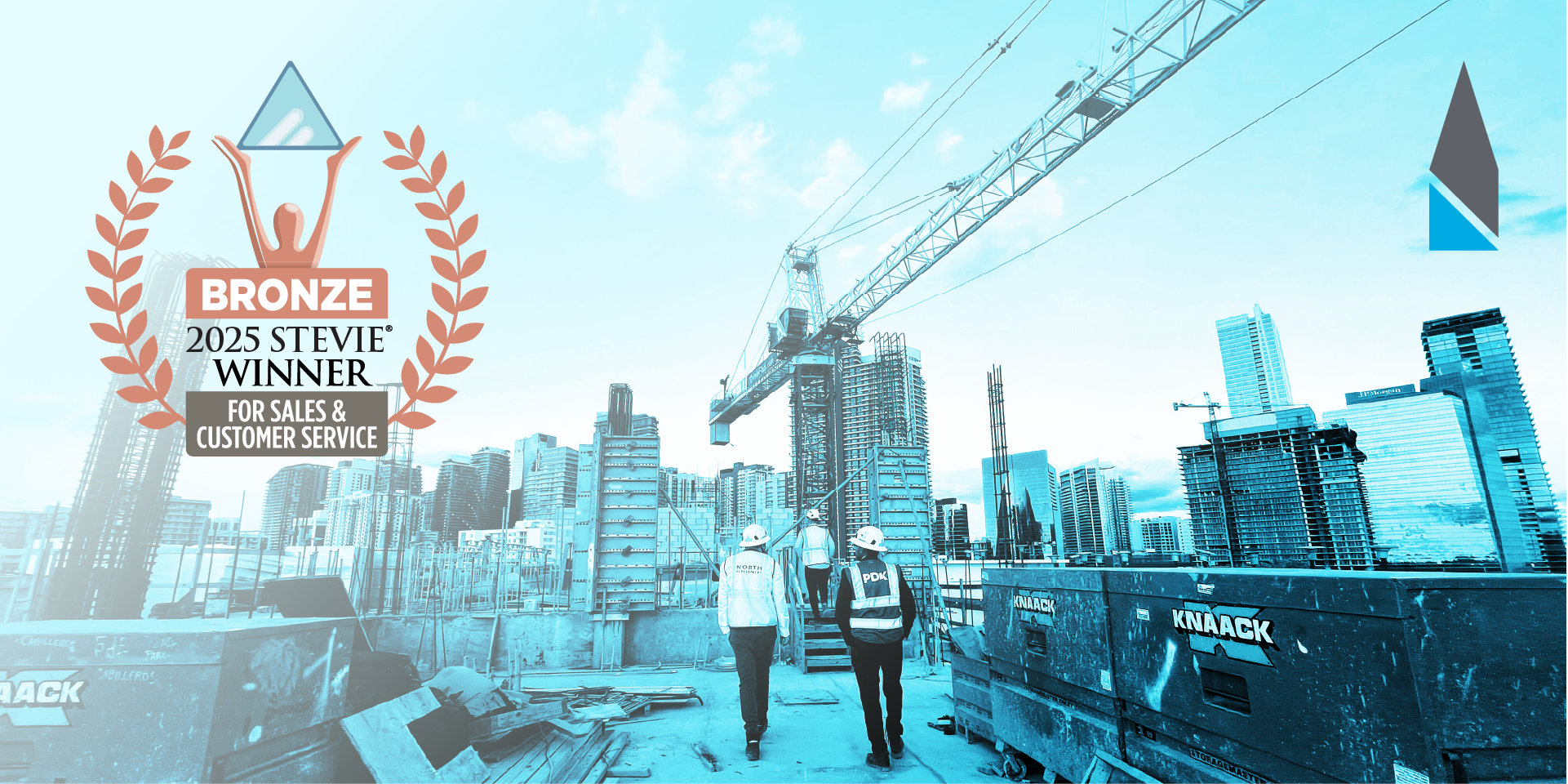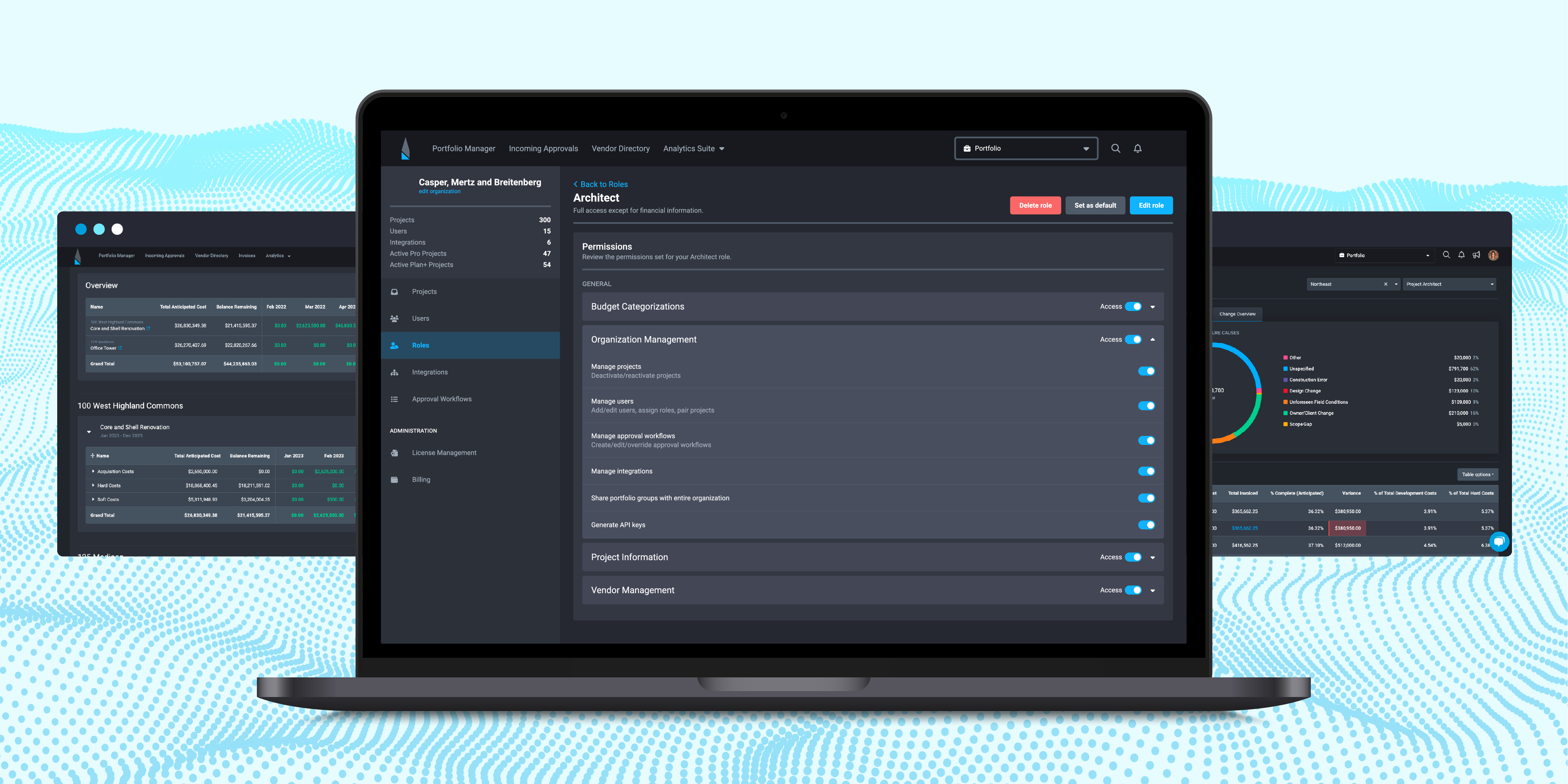-

Mezzanine Financing: A Real Estate Developer’s Guide
Learn the ins and outs of leveraging mezzanine financing for real estate developers.
-

Northspyre Wins 2025 Stevie Award for Achievement in Customer Experience
Northspyre receives Bronze Stevie Award for Achievement in Customer Experience.
-

CRE Developer’s Guide to Securing Government Approvals
Here’s everything developers deep to know about the government approvals landscape.
-

Office-to-Residential Conversions: Why Demand Is Soaring
Explore key drivers, challenges, and case studies.
-

Air Rights in Real Estate Development: A Closer Look
Key concepts, real-world examples, and strategies for leveraging air rights.
-

Northspyre Helps Affordable Housing Developers Overcome Obstacles at Novogradac 2025 Conference
Key learnings from the data, development, and decision-making panel.
-

The Role Of Data Analytics in Real Estate Development
Leverage these 5 data points to become more strategic in your approach.
-

Northspyre Launches Enterprise Edition
Explore the key capabilities of Enterprise Edition for large development firms.
-

3 Technologies Every CRE Developer Will Want in 2025
New technology set to streamline operations, reduce risks, and enable smarter project decisions